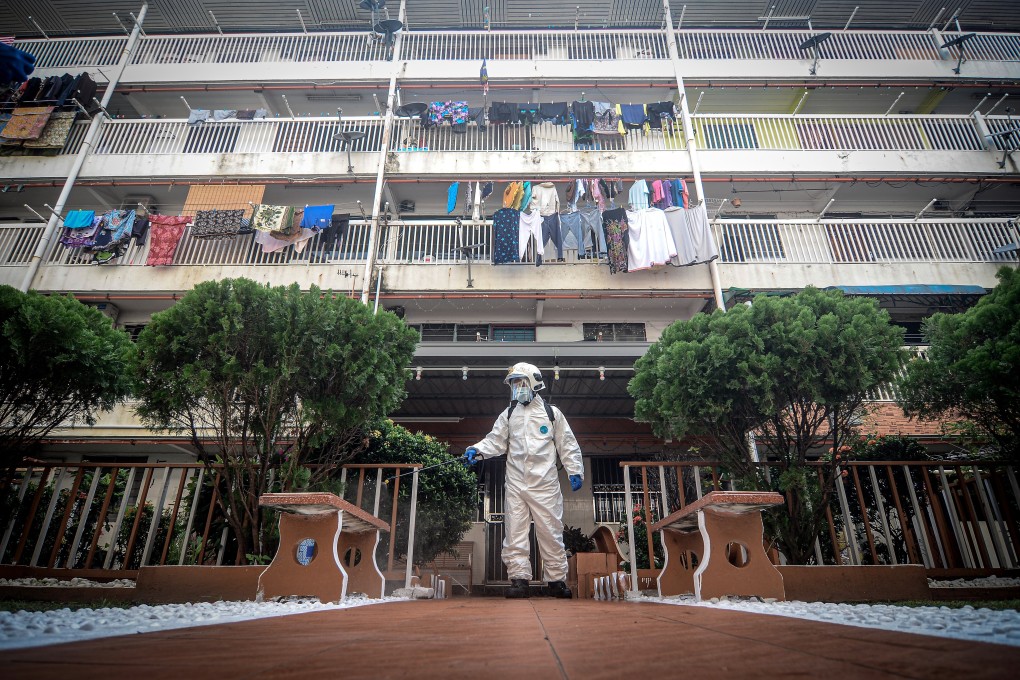Covid-19 forces Malaysia’s poor to live on instant noodles, abandon school: UN study
- The study of 500 families living in low-cost flats revealed a ‘shocking’ change in diet, while more than 40 per cent lacked equipment for online study
- Women were particularly vulnerable to the pandemic’s economic fallout, while government financial assistance was found to be of limited help

Of the 500 families living in low-cost flats that were interviewed by Unicef and the UN Population Fund (UNFPA), a quarter of household heads were unemployed, while close to a third had their working hours cut back and found it difficult to access health care. More than half were not covered by government social protection schemes.
Do Malaysia’s politicians think they’re exempt from Covid-19 rules?
“The change in diet was quite shocking,” said Muhammed Abdul Khalid, managing director of DM Analytics, the research institute which published the study. “Egg consumption skyrocketed as one of the cheapest proteins. Rice went up 40 per cent, as did noodles. Fruits, far less. We can already predict issues of malnutrition. One in three kids already face malnutrition, and with schools shuttered many children were not even able to access government-funded breakfasts.”

Malnutrition is a long-standing issue among the nation’s urban poor in low-cost housing, with a 2018 Unicef study finding that 22 per cent of children below the age of five were stunted, 15 per cent were underweight, 20 per cent suffered from acute malnutrition while 23 per cent were overweight or obese.